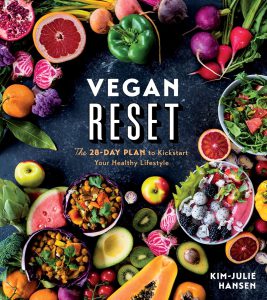The vegan diet is a plant-based diet that eliminates all animal products, including meat, dairy, eggs, and honey. Here’s how to create a vegan diet:
- Vegetables – Include a variety of colorful vegetables in your diet such as leafy greens, tomatoes, peppers, broccoli, cauliflower, carrots, and sweet potatoes. You can eat them raw in salads or cooked in soups, stews, or roasted with herbs and spices.
- Fruits – Eat fresh fruits as a dessert or snack, such as bananas, apples, oranges, berries, and melons. You can also have them as a topping for oatmeal or smoothies.
- Whole grains – Include whole grains such as quinoa, brown rice, oats, and whole-grain bread in your diet. You can have them as a side dish or in salads.
- Legumes – Eat a variety of legumes such as lentils, chickpeas, black beans, and soybeans. You can have them as a main dish or in soups and salads.
- Nuts and seeds – Include nuts and seeds such as almonds, walnuts, cashews, sunflower seeds, and chia seeds in your diet. You can have them as a snack or use them as a topping for salads or oatmeal.
- Plant-based milk and yogurt – Use plant-based milk such as almond, soy, or oat milk in place of dairy milk, and plant-based yogurt in place of dairy yogurt.
- Healthy fats – Use plant-based oils such as olive oil, coconut oil, and avocado oil for cooking and salads.
- Herbs and spices – Use herbs and spices such as garlic, basil, oregano, rosemary, and turmeric to add flavor to your meals.
- Vegan protein sources – If needed, incorporate vegan protein sources such as vegan protein powders, tempeh, and tofu.
The vegan diet is a way of eating that emphasizes plant-based foods and eliminates all animal products. It is important to ensure that you are meeting your nutritional needs by consuming a variety of foods and potentially taking supplements as necessary.




